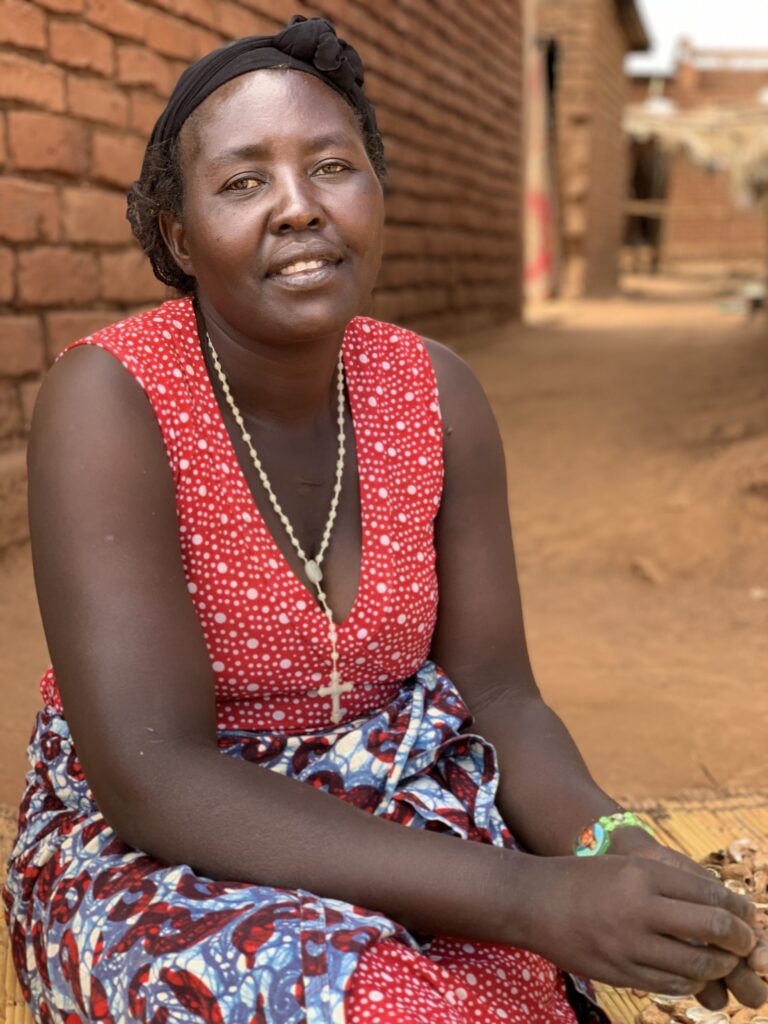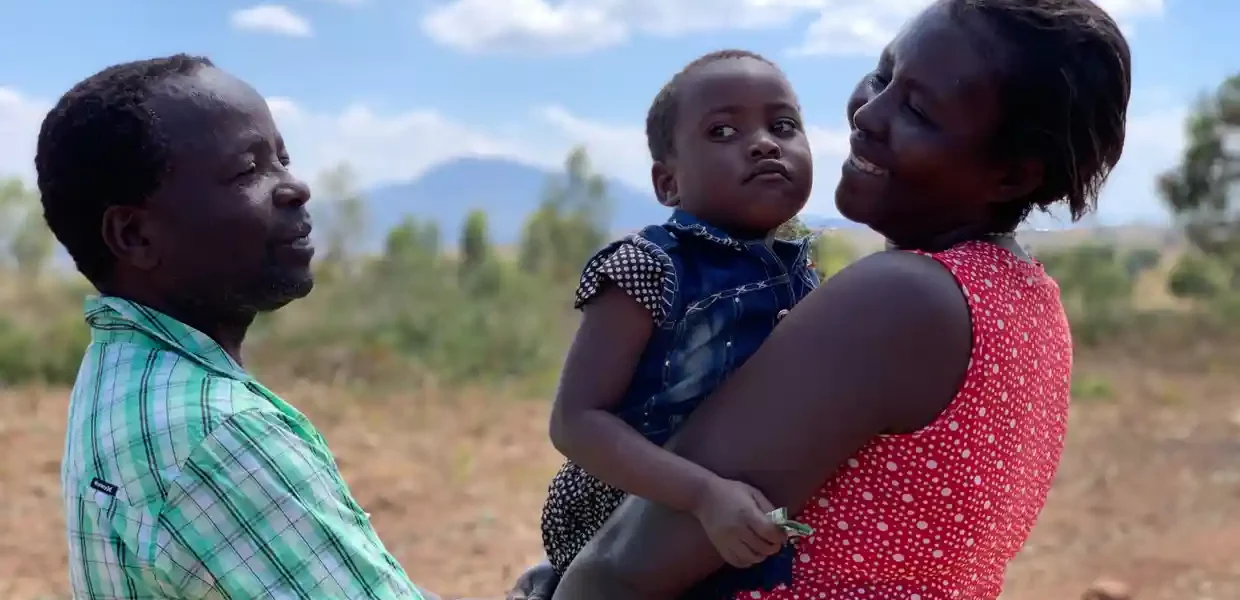Finding the open places that allow for difficult conversations to happen often begins with a willingness to listen. Raj Patel’s film is an exploration in discovering the space for both. The Ants & The Grasshopper opens in Malawi, an east African country that shares a border with Zambia to its west and Tanzania and Mozambique to the north and east respectively. We see a Malawian mother, Anita Chitaya, say to her young son in their Native voice, Tumbuka, that he will be able to do and be anything when he grows up. He tells his mama that he had a dream that he was a pilot. She looks into the sky and shows him the plumes of smoke that come from airplanes originating from other places. So he adds, he does not want to be a pilot in his homeland but rather, “in the land where they pollute,” so as not to pollute his native country. She starkly reminds him that “what they do over there still affects us here.” Much of the rest of the film is a telling pilgrimage of two proud and passionate African women, this mother, Anita and her friend/mentor Esther, who set out to bear witness to the Western world the effects of climate change on their daily lives.

Anita Chitaya has a gift; she can help bring abundant food from dead soil, she can make men fight for gender equality, and she can end child hunger in her village. Now, to save her home from extreme weather, she faces her greatest challenge: persuading Americans that climate change is real.
We then meet Anita’s husband, Christopher, harvesting peas, which is unlike other men in their village where women are the primary workers of the household, which includes farming. So seeing Christopher in the field assisting with harvesting is a rare sight. Their beginning is a violent one of Anita being “eloped” by her husband, which he recounts as “childish.” The story is indeed traumatic, but also speaks to the extreme lack of autonomy and respect that women have in their village and makes Anita’s story even more compelling. Convincing Chris to share in their daily domestic life took some time and willingness to shift longstanding cultural norms centered around gender roles – another key element of the documentary.
The things that make us most unique are the ways we are similar in our shared purpose and understanding.
Anita conducts classes on gender, basing them on partnership that leads to increased productivity, stability, abundance and cooperation – a togetherness. As a result, Christopher now participates in planting, harvesting and recipe day, while other men in the village, including their neighbor Winston, looks on and laughs in disbelief. Later in the film we see how these gender roles manifest in our own backyards, in a much less violent yet familiar way. The lesson in partnership that Anita has taught her husband Christopher, is the one she takes with her on her journey to the U.S. to discuss climate change.
Anita and her friend Esther seek to confront the fear that folks “over there” either don’t know how our practices deeply impact their lives or just don’t care. In order to unravel this question, Anita and Esther, along with Patel and an interpreter, begin by visiting farms in the Midwest – from organic to conventional; animal to vegetable as well as “regenerative.” Each farm gives insight into the surprising range of opinions and perspectives on climate change held by farmers in the U.S.
The duo also makes their way out west to break bread with Black farmers and activists where they find kinship and a common understanding. Their trip culminates in a stop in the nation’s capital in the hope of speaking with representatives whose policymaking can add another dimension to the solutions that challenge climate change.
The Ants and the Grasshopper is a beautifully complicated journey that offers insight to those who have a willingness to be enlightened. Parallels are repeatedly uncovered in a way that weaves our existence into one possibility, if we choose to lean into our collective power. As the proverb that the documentary’s title is taken from states “there are so many ants but only a few are lifting the grasshopper.” There are so many intersecting themes in this powerful film that reminds us that the things that make us most unique are the ways we are similar in our shared purpose and understanding. I encourage you to watch.
Learn more about the film and how you can watch it at their website.
Watch the trailer below:
Here’s a clip from the film showing a transformative meeting between Anita and Wisconsin farmer Jordan Jamison:
Further Reading
To learn more about the innovative work of farmers in Malawi, check out this recent article from The New York Times, to see how they’re staying ahead of the cascading threats — heat and drought, cyclones and floods — transforming their world.



